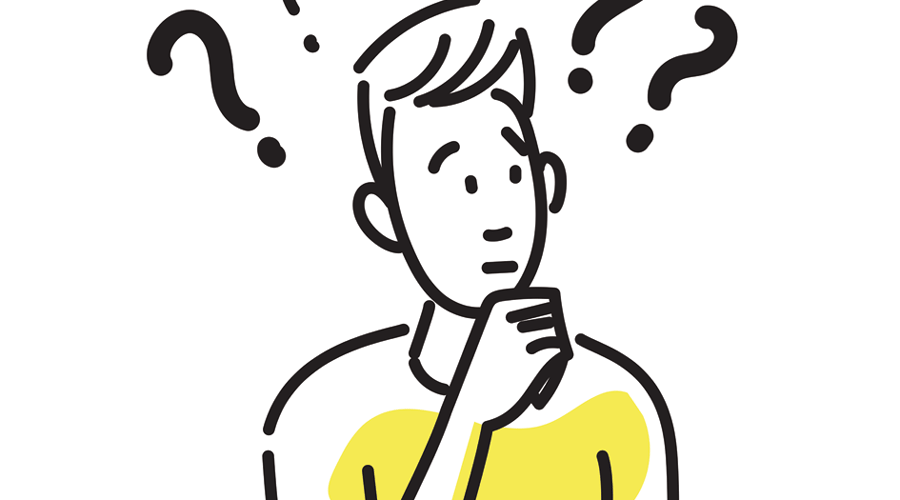Scientists have discovered why thinking hard for hours with no physical exertion whatsoever can still tire people — a potentially toxic biochemical builds up in a key brain region, inducing cognitive fatigue.
The researchers at the Paris Brain Institute in France have found through lab experiments that the chemical called glutamate — the most abundant neurotransmitter in the brain — accumulates in the region called prefrontal cortex involved in planning and decision-making.
Their findings provide new insights into the mechanisms through which prolonged and intense mental activity can tire people, evident as the scientists point out through observations that even professional chess players start making mistakes typically four to five hours in the game.
Despite over a century of research, the origins of cognitive fatigue have remained elusive. Some earlier theories had suggested that cognitive fatigue is an illusion the brain generates to make people
stop what they are doing and engage in more gratifying tasks.
“Our findings show that cognitive work results in a true functional alteration — the accumulation of noxious substances,” Mathias Pessiglione, a neuroscientist and a study team member at Sorbonne University in Paris, said in a media release. “Fatigue would be a signal that makes us stop working, but for a different purpose — to preserve the integrity of brain functioning.”
Pessiglione said the way around this challenge was rest and sleep. There is evidence that the accumulated glutamate is eliminated during sleep, he said. Scientists believe measuring prefrontal chemistry could help detect mental fatigue.
Another takeaway from the findings, Pessiglione said — avoid important decisions when tired.
The researchers used a technique called magnetic resonance spectroscopy to track chemical changes in the brains of two groups of people assigned similar cognitive tasks — but members of one group had to think hard and faster while the other had relatively easier tasks.
Participants in both groups spent six hours and 15 minutes observing letters on a screen and performing cognitive tasks such as differentiating between a vowel and consonant or between upper case and lower case, linked to letter’s colour. The difficulty in this task depended on the rate of colour changes.
The scientists detected signs of fatigue only in the group performing the hard task. Over time, these participants also showed a shift in their choices towards short-delay and little-effort options and they had higher levels of glutamate in the brain’s prefrontal cortex.
Their results, published on Thursday in the research journal Current Biology, suggest that glutamate accumulation in the prefrontal cortex makes further activation of that part of the brain difficult, making cognitive tasks harder after prolonged intense mental activity.
“This is a very well-designed experiment that connects neurochemistry with mental tasks,” said Dipanjan Roy, associate professor at the artificial intelligence and data science school at the Indian Institute of Technology, Jodhpur, who was not associated with the French study.
Glutamate is a critical neurotransmitter in the brain but its accumulation would be detrimental to the processes that drive cognitive tasks, Roy said. This could also explain why after the accumulation of glutamate, the brain moves towards tasks requiring less mental efforts.











